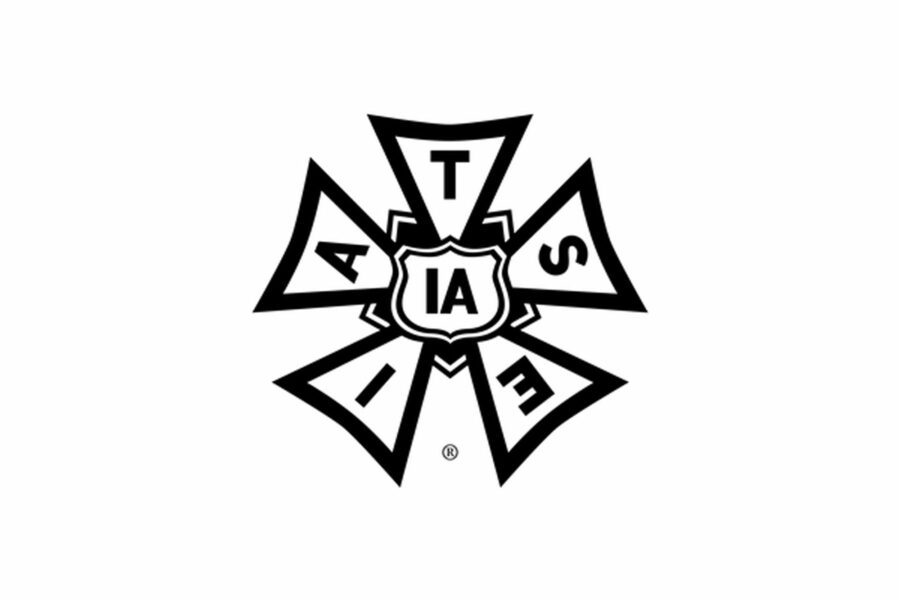The International Alliance of Theatrical Stage Employees (IATSE) and the Alliance of Motion Picture and Television Producers (AMPTP) reached a tentative three-year agreement, ahead of their nationwide strike scheduled for Monday.
This means that work will resume on all the halted Hollywood productions.
The agreement, that affects 40,000 film and television workers, addresses core issues, including reasonable rest periods; meal breaks; a living wage for those on the bottom of the pay scale; and significant increases in compensation to be paid by new-media companies.
According to the new terms, workers will be entitled to weekend rest periods of 54 hours that would put a full stop to the long workweek called “Fraturdays”, increased meal period penalties to ensure meal breaks, daily rest periods of 10 hours without exclusion, and an annual three percent increase in retroactive wages, among others.
“We went toe to toe with some of the richest and most powerful entertainment and tech companies in the world, and we have now reached an agreement with the AMPTP that meets our members’ needs,” said IATSE International President Matthew Loeb.
However, this deal affects only those workers under the Basic and Videotape Agreements. Negotiations are ongoing for the 15,000 to 20,000 workers under the Area Standards Agreement, who belong to IATSE local unions in major production hubs such as New Mexico, New York, Illinois, Georgia and Louisiana.
The Basic Agreement applies to the 13 West Coast local unions which represent around 47,000 workers, including the International Cinematographers Guild, Local 600, the Motion Picture Editors Guild and the Art Directors Guild. The Videotape Agreement covers television shows, talk shows, reality shows and game shows.
The agreement followed the labour union’s landslide victory, earlier this month, after 98 percent of its members voted in favour of a nationwide strike, marking a first in the union’s 128-year history. The measure came in the wake of unfavorable working conditions that were meted out to workers. This particularly grew rampant amidst the ongoing pandemic that jeopardized lives in certain cases.
Recommended
The authorization vote was a result of failed negotiations with the AMPTP, a trade union that represents film and television studios such as Walt Disney Studios, Warner Bros., Paramount Pictures, Apple, Netflix, and Amazon, among others. Consequently, both unions entered a two-week negotiation period, that likely would have ended on October 18.
The movement gained support and traction from across industries.
Apart from individuals like Alexandra Ocasio-Cortez, actor Joseph Gordon-Levitt, author Roxane Gay, and actor Samuel Jackson, the Sundance Institute, curator of the Sundance Film Festival also expressed support, along with The Black House Foundation, Pop Culture Collaborative, Film Fatales, Think Tank for Inclusion and Equity, Women in Film, Muslim Public Affairs Council- Hollywood Bureau, and New York Women in Film and Television.



